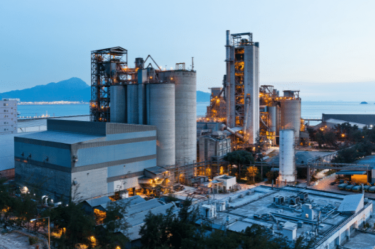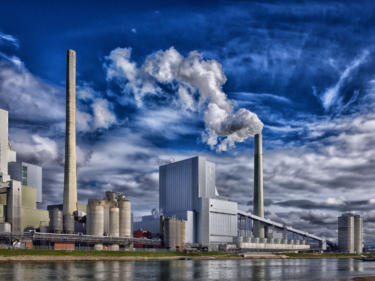Industry in the age of the energy transition
The energy transition will have a significant impact on industrial activity this decade across several dimensions. Alongside the need for industry to urgently decarbonise its own activities, it will also play an instrumental role in the production of the low-carbon technologies necessary for decarbonisation in other sectors of the economy.
This 5-page report identifies five key themes that will shape our Industry Climate Service research agenda over the course of 2024:
- In the most challenging-to-abate sectors within industry, where electrification does not appear feasible or cost-effective, low-carbon hydrogen may be a viable solution.
- The outlook for growth in renewables is strong. However, there is a lack of investment going to the electricity grid upgrades that are needed to accommodate this shift.
- Many low-carbon technologies essential to the energy transition are heavily reliant on critical minerals. However, intensive resource extraction may also have harmful effects relating to environmental degradation and labour exploitation.
- Further downstream in the supply chain, the emergence of low-carbon manufacturing will benefit the non-ferrous metals, iron and steel, chemicals, electrical engineering, and construction sectors, among others.
- However, there is a risk that the supply chains for low-carbon technologies may not be developed or diversified enough to fully meet rapidly growing demand over the next decade.

Tags:
Related Services

Service
Sectoral Climate Analysis
Assess the impacts of climate change and mitigation policies for more than 100 sectors
Find Out More
Service
Global Industry Service
Gain insights into the impact of economic developments on industrial sectors.
Find Out More
Service
Industry Scenarios
Quantifying the impact of policy changes and other risk events on industrial sectors.
Find Out More